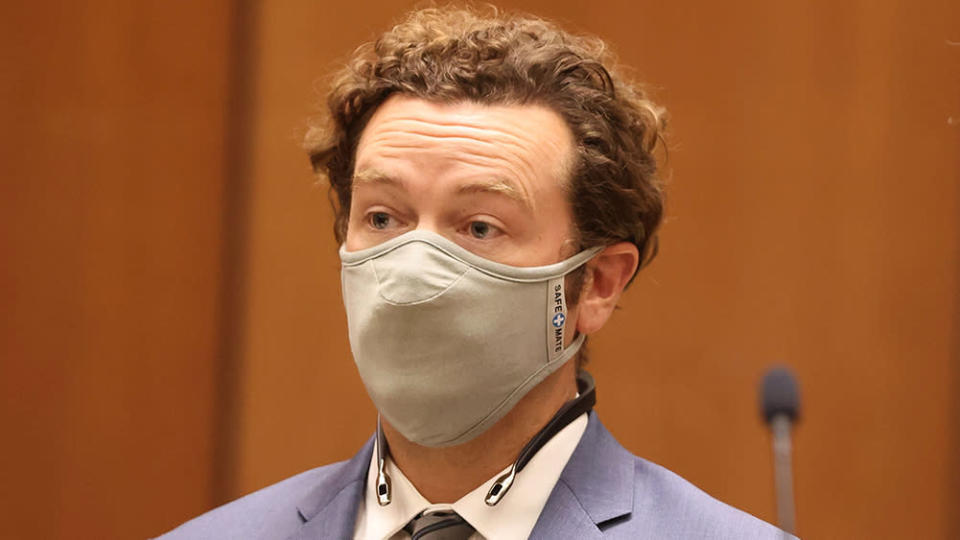
Scientology was front and center on Tuesday as the rape trial against “That ’70s Show” actor Danny Masterson began with opening statements.
Masterson is a Scientologist and each of his alleged victims was a Scientologist at the time of the alleged rapes, which span from 2001 to 2003.
More from Variety
Reinhold Mueller, the lead prosecutor, made several references in his opening statement to church terminology and practices in explaining why two of the accusers delayed reporting to the police.
“They can declare you a suppressive person,” Mueller said. “You are essentially an enemy of the church. Your friends, your parents — if you have children who are part of the church — they all have to detach from you. Essentially you lose everything.”
The role of Scientology has been hotly contested in pre-trial proceedings. Philip Cohen, Masterson’s lead defense lawyer, had sought to bar any mention of the church from the case, saying that it would be prejudicial.
The prosecution sought to introduce an ex-Scientologist, Claire Headley, to explain church concepts to the jury.
Judge Charlaine Olmedo has tried to strike a balance, denying the prosecution’s request for expert testimony, but allowing the alleged victims to give their understanding of church doctrines. That has created a dilemma for the defense, which has argued previously that the church in fact does not forbid its members from going to the police.
Cohen objected when Mueller referenced a Scientology ethics book to support the idea that the church discourages members from going to the police. After a lengthy sidebar, Mueller was asked to rephrase — at which point he emphasized that he was giving the victim’s understanding of church rules.
Mueller also argued that two of the victims were advised by their Scientology “ethics officer” not to refer to the alleged incidents as “rape.” One of them has said she was told that it was impossible to rape a “2B” — a church term for a spouse, girlfriend or significant other — and that she must have done something to “pull in” the incident.
“‘Pulling in’ means you have done something, either in this life or another life, to cause this to happen to you,” Mueller said.
He said the woman was also advised that she was “out-exchange” with Masterson — meaning that she was in a transactional relationship where he provided her shelter and she provided sex, but that she had failed to live up to her end of the bargain.
Cohen began his opening statement shortly before lunch, and is expected to continue in the afternoon. He argued that the three victims in the case were each advised by LAPD detectives not to talk to each other and not to talk to other witnesses in the case.
“You’re going to hear that after being ordered, instructed, admonished by LAPD, these women all speak to each other, and to other witnesses,” Cohen said.
The defense has previously argued that the women formed a “sisterhood” to take down Masterson and the church.
Cohen also highlighted discrepancies in one of the women’s accounts between her initial statement to the LAPD, statements in a draft civil complaint and her more recent statements. Chief among them, Cohen said, is that the woman now claims that Masterson produced a gun during the alleged rape. That detail does not appear in the initial police report or the draft complaint.
Cohen also noted that the woman had ultimately been paid money as part of a civil settlement in 2004. He said that Masterson was making “oodles of money” as a star on “That ’70s Show,” and that she signed a non-disclosure agreement as part of the settlement.
“He’s about to renew a big contract with ‘That ’70s Show,’” Cohen said. “[She] wants the money, and that’s how this NDA comes about.”
Best of Variety
Sign up for Variety’s Newsletter. For the latest news, follow us on Facebook, Twitter, and Instagram.




